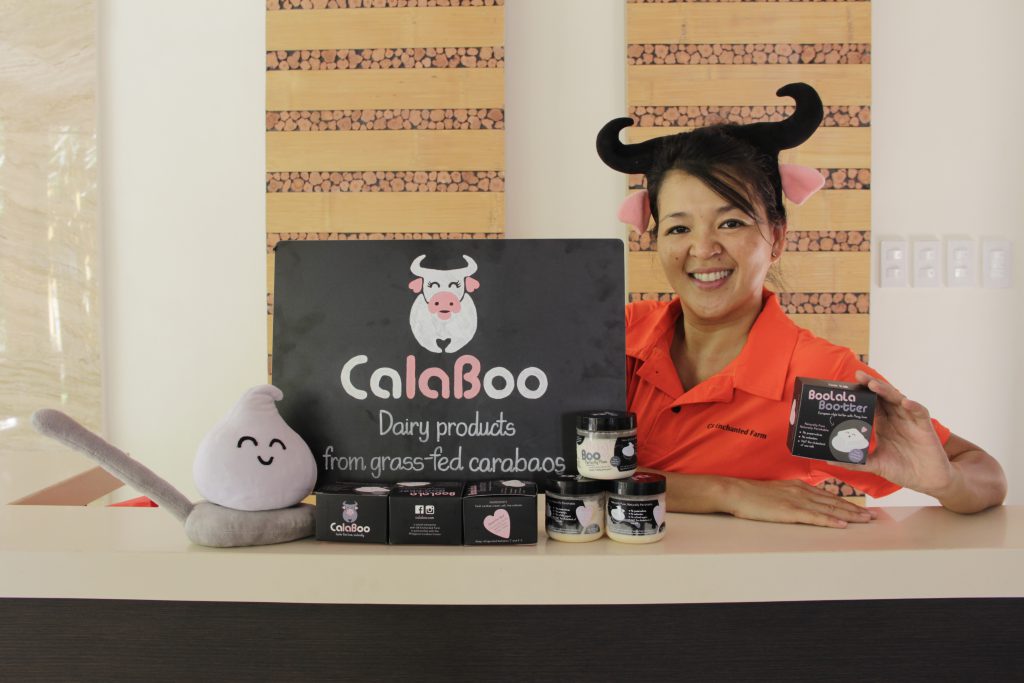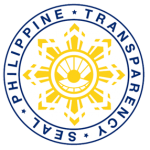PCC to host international confab on Carabao-based Enterprise Development
An International Conference on Carabao-based Enterprise Development (CBED), expected to be attended by about 200 participants from the Philippines and other Asian countries, is set to be held at the Philippine Carabao Center (PCC), National Headquarters, Science City of Muñoz, Nueva Ecija on October 26-27, 2017. The event is organized by the PCC and the […]
PCC conducts seminar-workshop to strengthen its animal health program
Nineteen veterinarians and ten animal health coordinators attended a seminar-workshop on the strengthening of animal health programs conducted recently by the Philippine Carabao Center (PCC). Titled, “Strategic Planning Workshop in Strengthening the PCC Animal Health Program and Veterinary Refresher Seminar for PCC Center Veterinarians and Animal Health Coordinator”, the event was held for five days […]
PCC, partner institutions sign MOA for milk supplementation program among schoolchildren in Lupao N.E
1st Dairy Box in Bohol launched
It is not just the heart of tourism in the province, but the municipality of Carmen has also now become a history maker in the field of dairy business enterprise as it launched the first-ever Dairy Box outlet in Bohol on August 17, 2017 at Camanayon, Tamboan, Carmen, Bohol. Managed by Tamboan Farmers Multipurpose Cooperative […]
DA Official to livestock biotech scientists, researchers: utilize biotechnology in realizing Ambisyon Natin 2040
In a brief message by the Undersecretary for Policy and Planning, Department of Agriculture (DA), and DA-Biotechnology Program Steering Committee Chair, Undersecretary Segfredo R. Serrano, he stressed the use of biotechnology as a tool in livestock productivity amidst the challenges in climate change and scarcity of land resources for agriculture during the 2nd International Livestock […]
‘Carabao’s milk can bring an end to smallholder-farmers’ poverty’, says GK social entrepreneur

Fueled by an optimized natural resource-the carabao’s milk, an end to the poverty of smallholder-farmers and their families is possible, according to Marie Cavosora, Founder and Chief Executive Officer of Calaboo, a Gawad Kalinga Enchanted Farm Social Enterprise. She emphasized this during an innovation workshop titled “Advancing Dairy Products through Technology Development” held at the […]











